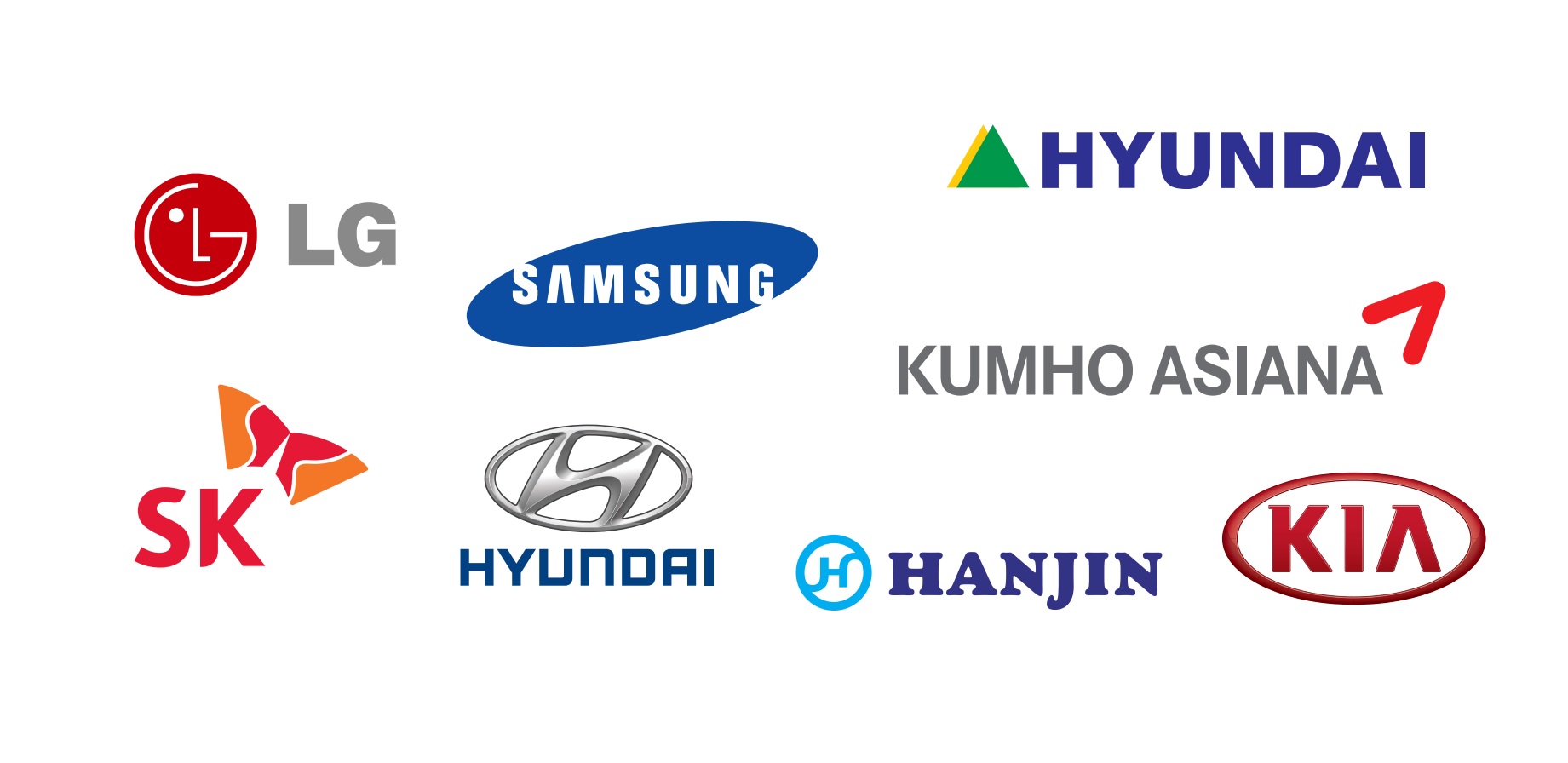Priority Debate

The business circles, labor unions, and opposition parties are sharply divided over the reform of large companies and labor reform, both of which are hot issues in the political and economic sectors in Korea. Under the same goal of reviving the economy, business circles are claiming that labor reform should come first. On the other hand, the opposition parties and labor sector put the reform of large companies as a higher priority.
Although the ruling Saenuri Party is in a neutral position, saying that both the reform of large companies and labor should be carried out at the same time, a process to publicly discuss the matter will inevitably call for a heated discussion. In a recent press release, the Federation of Korean Industries (FKI), which represents Korean chaebol companies, claimed that labor reform should be put into practice to create jobs and induce investment and promote the economy, rather than reform of large companies. The FKI refuted the claims of labor and the political circles, saying, “They are spreading anti-chaebol sentiments only, while demanding reform of large companies.”
“An increase in internal reserves is a natural phenomenon. This fact should not be distorted to mean that the increase exemplifies that large companies have money enough to spare for investment and employment,” an FKI representative explained about the government’s plan to levy tax on internal reserves. The chaebol advocacy organization stressed that although the nation’s 30 largest groups had 683 trillion won (US$572.8 billion) in internal reserves, cash and cash equivalents, including short-term financial products, added up to no more than 118 trillion won (US$98 billion) as of the end of last year.
In addition, the proportion of cash and cash equivalents of non-financial Korean companies listed on the Korean stock market in their total assets stood at 9.3 percent as of 2012. This percentage was lower compared to the 22.2 percent of the G8 including the United States, Japan, and Germany, and 14.8 percent of the European Union, the FKI added.
“If the government forces large companies to have a uniform corporate governance structure, the companies will spend funds not on making investments but on making a change in their corporate governance structures,” said an FKI representative. The representative was xpressing the FKI's concerns about the fact that a dispute over managerial rights in the Lotte Group is recently fueling a claim in the political circles that reform of large companies, such as an improvement in corporate governance structures, is needed. Steady efforts were being made to making an improvement to corporate governance structures, with a sharp drop in cross-subsidiary shareholdings and insider trading, the FKI added.
“Korea has some of the world’s toughest regulations against contractors to protect subcontractors,” an FKI representative said about a point that the government has to protect subcontractors by changing relations between them. “Tighter regulations will weaken the competitiveness of Korean contractors, and, therefore, result in fewer orders to subcontractors.”
But labor is taking issue with the government’s reform of the labor market and expanding its struggle for chaebol reform. “A high youth unemployment rate is basically attributable to the fact that big chaebol companies have increased not full-time workers but temporary or contract-based workers only since the financial crisis,” a representative from the Korean Confederation of Trade Unions (KCTU) said. “This fact has brought huge profits to the 30 largest business groups in Korea. As a result, their internal reserves have soared to 710 trillion won [US$595 billion].”
“It is necessary to hold chaebol responsible for taking the lead in building a chaebol monopoly economic structure and creating and expanding indecent jobs,” a KUTC representative added. “Practical measures should be devised to create good jobs through chaebol reform.” The KUTC announced that they will hold a pan-national rally to protest the Park Geun-hye regime on Nov. 14, and go on a general strike against the deterioration of the labor market structure to promote chaebol reform in the same month.
The opposition New Democratic Political Union formed a special committee on chaebol reform. They strongly vowed to realize economic democratization and chaebol reform, while demanding the establishment of a special committee on chaebol reform in the National Assembly. On the other hand, the Saenuri Party is pursuing chaebol reform and labor reform at the same time, but putting more weight on labor reform. The ruling party suggests the creation of jobs for the youth, the establishment of a fair and flexible labor market, and job market stability as the goals of its labor reform.


